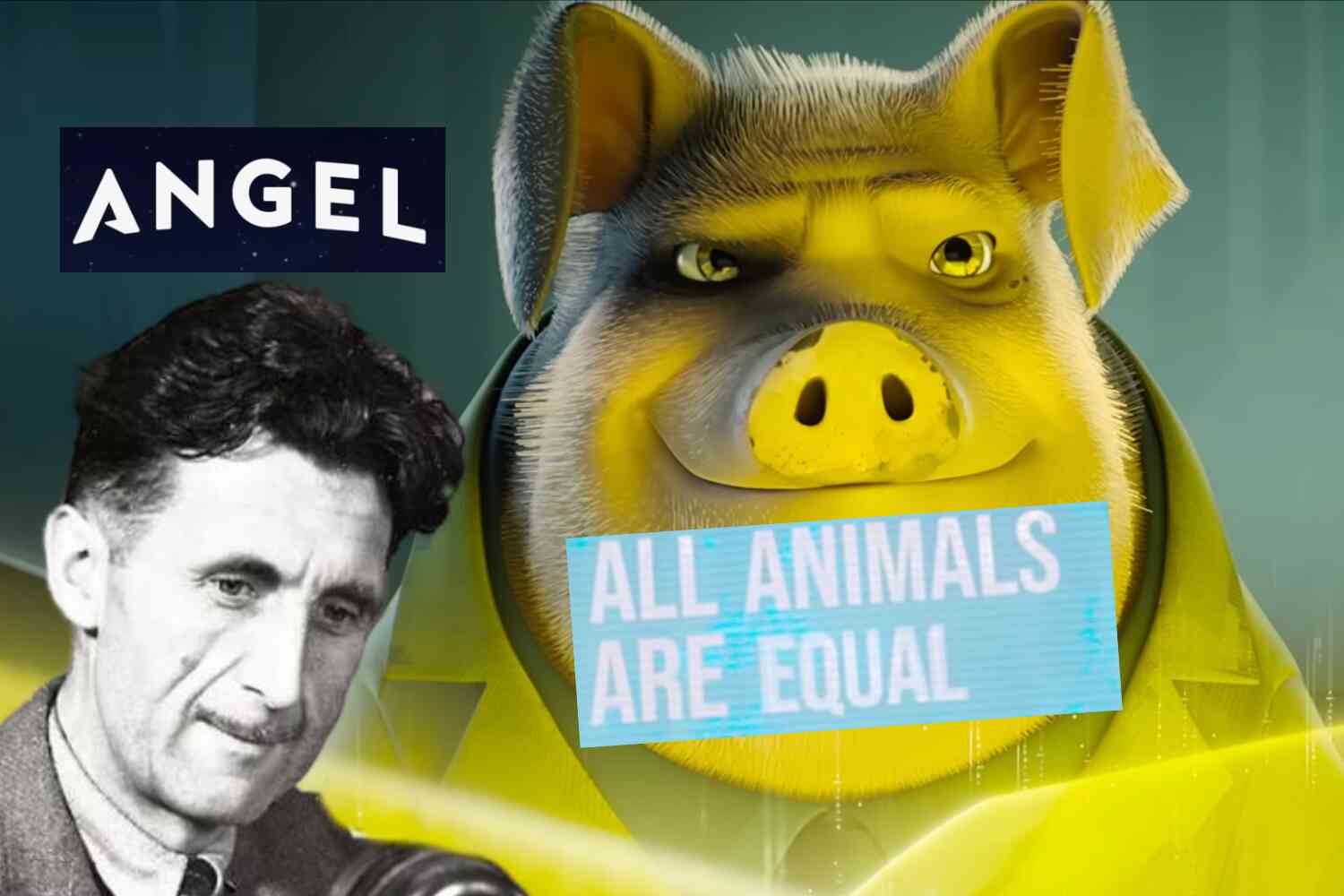In the academic world, professors publish or perish. Often coveted perks like tenure are tied to the quantity of an academic's published work.
One key aspect of getting published is having one's work peer-reviewed, but that's going to be very difficult for people of a certain race and sex going forward.
If a European-male with a Phd submits his work to any of Sage publishing's 1,000 academic journals, he's likely going to find himself on the other side of a desk rejection (academic publishing's cute title for a rejection form letter).

Honestly, that's been the case for most of the past four years, but now they're saying it out loud with their new DEI rules.
Professor Adam Ellwanger a professor at the University of Houston-Downtown is blowing the whistle about the changes at the publishing organization.
It all began when his papers started being rejected without any review, and then he was sent the following demographic survey forms.
Just got an email asking me to update my profile on the Sage journals website. When I got there, they wanted my demographic information (race, sex, etc.). This info will undoubtedly be used in selecting peer reviewers. Thought the process couldn't get more corrupt? Wrong.
Here's the diversity form he was required to fill out.
It's literally a check box of diversity and if you don't meet their requirements... well...

But it's not just Sage; their actions are part of a larger academic journal move to DEI initiated by The Royal Society of Chemistry, and includes 56 publishing companies that represent over 11,000 academic journals around the world.
ELEVEN THOUSAND!
The entire global operation to end merit-based research is being run by a steering committee made up of these eight members.
There's something about this fine group of she/hers and he/hims, something they all seem to have in common, some immutable characteristic.
I can't quite put my finger on it. What could it be?

Whatever it is, there may never again be an academic paper published in these academic journals that will oppose whatever the current narrative might be, no matter what the science says.

Independent journals are springing up to try to counter with the old merit-based peer-review system, but they are funded by private donors. How can they compete financially with those propped up by government-based institutions?
The future doesn't look great for academia.
P.S. Now check out our latest video 👇









